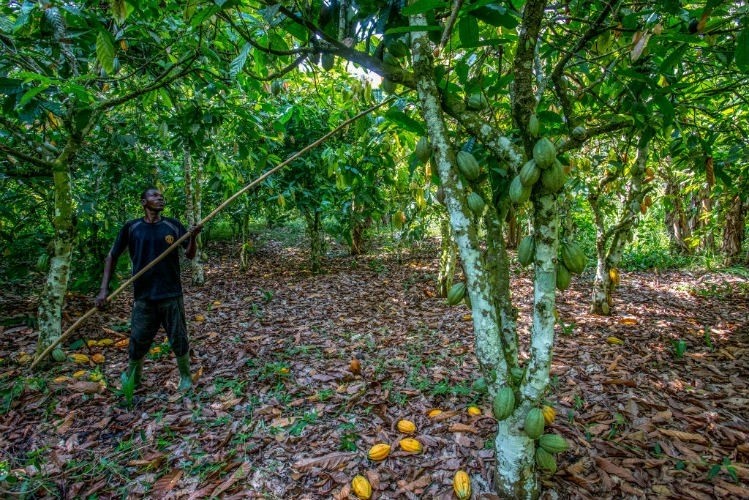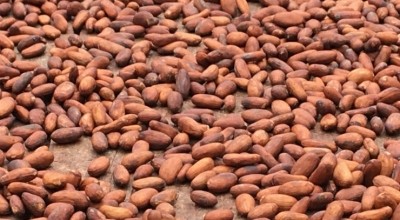Traceability
Blockchain technology tested in Côte d’Ivoire cocoa sector offers sustainable solution

A lack of traceability in the cocoa sector in Côte d’Ivoire is a is a major issue, but French NGO, Nitidae, said it believed blockchain technology could provide a solution that would fight fraud and promote ethical production.
The ‘Cocoblock’ experience
As part of its project to promote the use of blockchain in agriculture, the CTA launched a call for proposals in September 2018, resulting in its initiative ‘Cocoblock’ that ran from February 2019 to April 2020.
With the help of British firm Gaiachain, Nitidae devised a traceability system using blockchain that would limit fraud, reduce transaction costs and increase production profit margins in a sustainable way.
A pilot application was developed and tested with a cooperative in the Mé region, the Producteurs de cacao biologique de la Mé (PCBM)
The cocoa industry is at a crossroads in Côte d’Ivoire, the CTA said in its blog. “Yields remain very low, and fraud relating to the quality of organic cocoa is common, fuelled by the lack of an effective traceability system. The sector needs to find solutions: blockchain technology seems particularly well suited to help meet these challenges.”
It said a total of 161 PCBM members were involved in the Cocoblock project within the pilot area – 306 ha of plots, grouped in the three villages of Diasson, Mébifon and Biéby. The project mapped the entire value chain, from harvest to port and integrated data on the various key stages into the blockchain. The farmers, who were trained on site and fully involved in the project, were able to test the technology under real conditions, involving the tracing of almost 500 kg of cocoa.
The project also focused on automatic mobile payments. but this option requires more tests, the report concluded.
In parallel, Nitidae and CTA carried out advocacy and awareness-raising actions through public consultations, interviews and workshops. Through its projects, CTA said it promotes the exchange and dissemination of knowledge, and sharing information on the opportunities and challenges of blockchain in the cocoa sector was an important objective.
In order to foster a more sustainable and efficient cocoa sector in Côte d’Ivoire, small producers must be encouraged to adopt practices that contribute to better traceability, it recommended.
Potential
This project has confirmed the potential of blockchain for the traceability of organic cocoa. It also confirmed a suspicion that small producers will need a greater level of digital maturity to adopt the practices related to this technology.
“However, we know that we cannot go too fast and should take one step at a time. The digitalisation of the information system, and of the practices of agricultural organisations, is essential for the cooperative to fully adopt blockchain. Targeting organisations located at a higher level of the value chain (wholesalers, large agri-food structures, financial organisations, etc) will also be important to test how the technology will work in and benefit the whole value chain,” the report stated.











